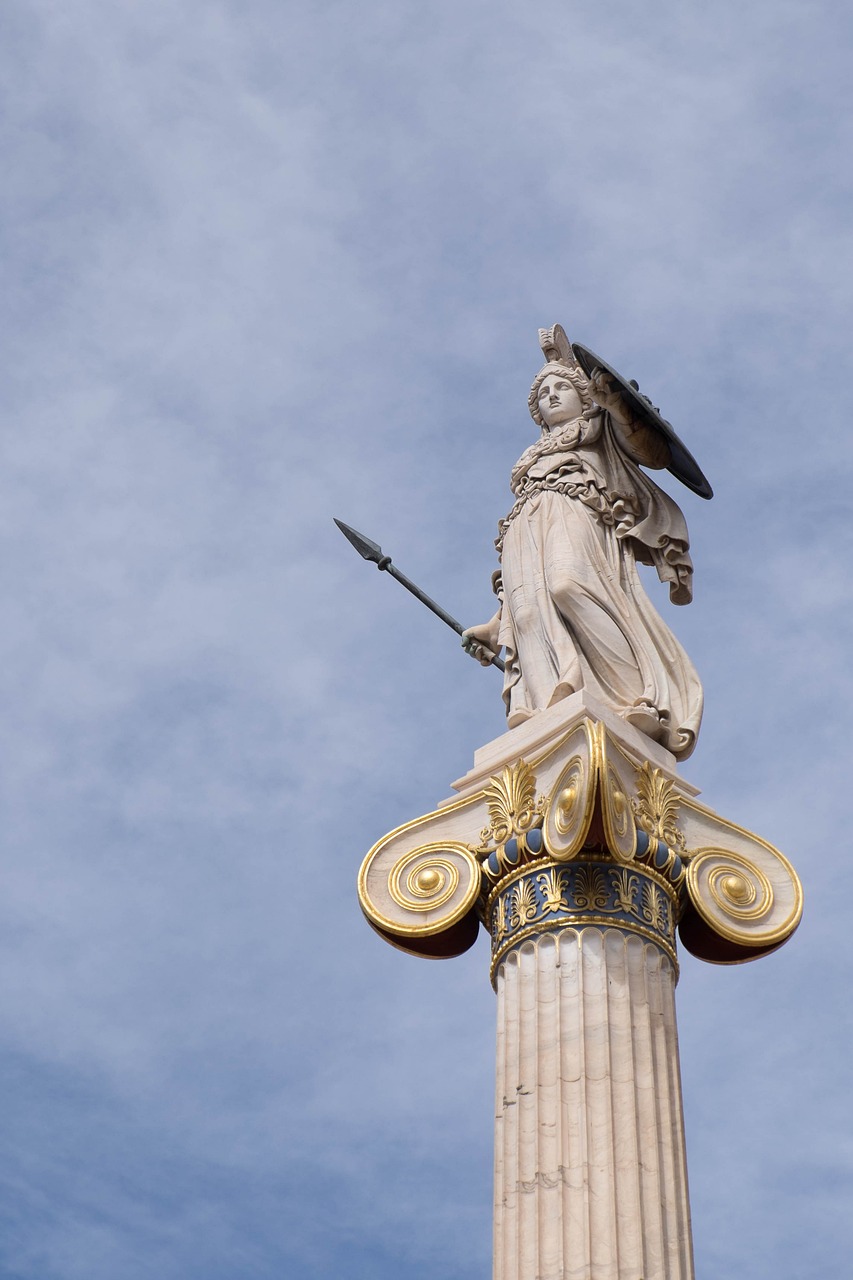Greek mythology serves as a rich tapestry of narratives that delineate the lives of gods, heroes, and ancient rituals among the Greeks, carrying forward a legacy that has profoundly influenced Western civilization’s artistic and literary endeavors. Despite the inherent acknowledgment of their fictional elements, these myths were largely accepted as fact by the ancient Greeks, a sentiment encapsulated by thinkers such as Plato during the 5th and 4th centuries BCE.
Through ages, cultures have continuously spun their own myths to explain natural phenomena, chronicling the exploits of divine and heroic figures while offering justifications for societal and political structures. Among these, the mythology of the Greeks stands unmatched, embodying imaginative and alluring concepts that have inspired artists and poets over millennia — revealing the enduring significance of these classical themes.
Key Sources of Greek Myths
Homeric Epics: The Iliad and the Odyssey
The foundational texts of Greek mythology include the epic poems “The Iliad” and “The Odyssey,” attributed to the poet Homer. These works, along with those of Hesiod, have shaped character portrayals of the Olympian gods. The historical account of Herodotus underscores how Homer and Hesiod endowed the gods with distinctive attributes, cementing their positions in mythology. The audience of these epics was presumed to possess a prior understanding of the stories, enriching the thematic layers within the narratives. Notably, prominent figures like Pindar engaged seriously with these myths, sometimes adapting them to convey deeper philosophical insights.
The Works of Hesiod: Theogony and Works and Days
Hesiod’s pivotal contributions lie in “Theogony,” which chronicles the genealogy of the gods, and “Works and Days,” which provides agricultural wisdom interlaced with moral lessons. While traditionally seen as distinct works, they also function in tandem, with “Theogony” detailing divine relationships and “Works and Days” offering guidance on navigating life’s uncertainties through justice and righteousness.
Expanding Mythological Landscapes
Post-Homeric literature also enriched the mythological narrative with fragmented epics focusing on the Trojan War, along with the “Homeric Hymns” that consist of shorter poems catering to various deities. The lyric poetry of Pindar stands out for its rich mythological references, while the tragedies of Aeschylus, Sophocles, and Euripides showcase diverse mythic traditions, deepening the cultural understanding of Greek mythology.
Hellenistic Contributions
During the Hellenistic period, poets like Callimachus documented lesser-known myths, while Euhemerus proposed the notion that the gods began as humans, contributing to the mythological discourse known as Euhemerism. Scholars such as Apollonius of Rhodes further enriched the mythos with detailed accounts of the Argonauts’ adventures.
Archaeological Insights
The pursuit of understanding Greek mythology has also been aided significantly by archaeological findings. The excavation of Minoan and Mycenaean civilizations shed light on the early development of myth and ritual in Greece, unveiling cultural intricacies from as far back as 2200 BCE. Despite the primary use of the Linear B script for inventories, the monumental evidence collected provides insights into depictions of heroic tales, particularly those associated with the Trojan cycle and Heracles.
In summation, Greek mythology spans numerous literary works and archaeological findings, intricately woven into the fabric of cultural identity and artistic creation throughout history. Its influence is perceptible in various aspects of contemporary art and literature, affirming its timeless relevance.



